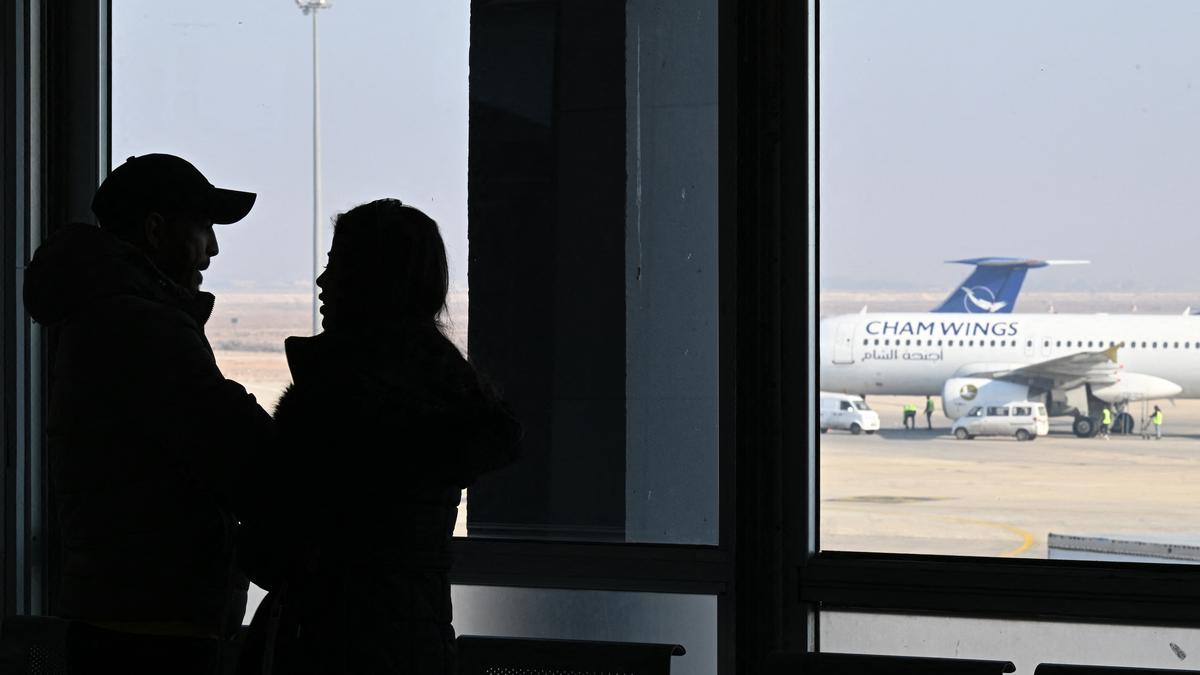The World Bank is set to approve a $20 billion indicative lending package for Pakistan – a pioneering 10-year initiative to protect its funded projects from political transitions and focus on six targeted areas, according to a media report.
The programme, titled “Pakistan Country Partnership Framework 2025-35”, aims to improve social indicators in the most neglected but important areas, The Express Tribune newspaper reported, citing official documents.
It will focus on reducing child stunting, combating learning poverty, enhancing climate resilience, decarbonising the environment, expanding fiscal space, and boosting private investment to improve productivity.
These areas have broad support across the political spectrum and are expected to remain unaffected by government changes during the 2025-2035 period, which is anticipated to include at least three general elections.
This ‘Country Partnership Framework’ is scheduled to be approved by the World Bank board on January 14, following which the global lender’s Vice President for South Asia Martin Raiser is also expected to visit Islamabad.
According to the World Bank’s assessment, the planning framework “will help shield the programme from the country’s volatile polity and frequent swings in priorities and requests that follow government changes.” The requests arising from government changes have caused ‘fragmentation of the World Bank portfolio and diluted impacts,’ it said.
A key Pakistani official, who was part of the framework development, said that the World Bank picked Pakistan as the first country where it would introduce the 10-year partnership strategy.
“The World Bank’s total indicative lending envelope for fiscal year 2025 to 2035 will total around USD 20 billion,” reads a draft of the framework.
Out of the $20 billion, the World Bank’s concessional arm, the International Development Association (IDA), will lend $14 billion and the remaining USD 6 billion is projected to be provided through the relatively expensive window – the International Bank for Reconstruction and Development (IBRD).
“However, these indicative loans will depend upon the evolution of the IDA funding over the years, Pakistan’s standing and performance, including with respect to the Sustainable Development Finance Policy and its debt vulnerability indicators,” reads the document.
In addition to the USD 20 billion loans to the government of Pakistan, the new framework also aims to support another USD 20 billion private lending by the World Bank’s two other arms – the International Finance Corporation (IFC) and the Multilateral Investment Guarantee Agency (MIGA). This brings the total package to USD 40 billion but the official loans will be equal to USD 20 billion, according to the newspaper.
The new lending will focus on six areas that “currently enjoy strong support across the Pakistani political spectrum”, according to the documents. However, it will phase out lending from 10 less-impactful sectors, such as transport, power transmission, telecoms, tertiary healthcare and higher education.
The World Bank’s concessional and expensive lending will be meant for “larger projects on average, more frequent scale-ups and expansions, and less pilots and one-off operations”, according to the planning document.
The Washington-based Bank’s new strategy marks a shift from “short-term macro-fiscal adjustment programmes and often small investments scattered in a wide array of sectors, to more selective, stable and larger investments in areas that are critical for sustained development and growth”.
The documents stated that the World Bank would still be supporting reforms to spur growth and investment and build more fiscal space.
The implementation of the 10-year framework will be supported by two-year rolling business plans that both sides will agree upon, according to the paper.
Published – January 06, 2025 02:38 am IST




